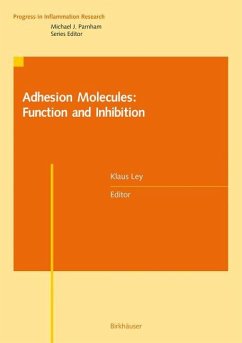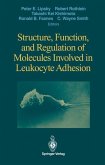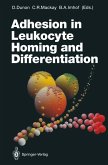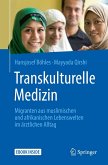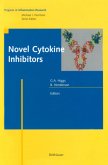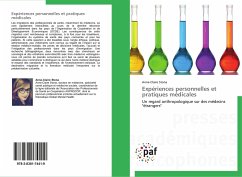Inflammatory cell recruitment requires the concerted action of at least five major sets of adhesion molecules: integrins, immunoglobulin-like molecules, selectins, carbohydrate structures serving as selectin ligands, and certain ectoenzymes. This volume gives a comprehensive overview on the most relevant leukocyte and endothelial adhesion molecules. The chapters are written by leaders in the field and focus on the biology, structure, function, and regulation of adhesion molecules. Currently approved adhesion molecule-based therapies are reviewed and an outlook for future approaches is also provided.
The book is of interest to clinicians and scientists from immunology, physiology, cancer research, rheumatology, allergology, infectious diseases, gastroenterology, pulmonology and cardiology.
The book is of interest to clinicians and scientists from immunology, physiology, cancer research, rheumatology, allergology, infectious diseases, gastroenterology, pulmonology and cardiology.
From the reviews:
"This book is a great and informative text to all those who wish to access and demystify the field of adhesion molecules. The monograph ... deals specifically with adhesion molecules in the whole process of leukocyte extravasation with a focus on inflammation. ... this is a well-organised and highly informative text. ... it provides food for thought relevant to the application of current knowledge. ... this is an eminently accessible and readable volume." (Andrew Devitt, Inflammation Research, Vol. 59, 2010)
"This book is a great and informative text to all those who wish to access and demystify the field of adhesion molecules. The monograph ... deals specifically with adhesion molecules in the whole process of leukocyte extravasation with a focus on inflammation. ... this is a well-organised and highly informative text. ... it provides food for thought relevant to the application of current knowledge. ... this is an eminently accessible and readable volume." (Andrew Devitt, Inflammation Research, Vol. 59, 2010)

